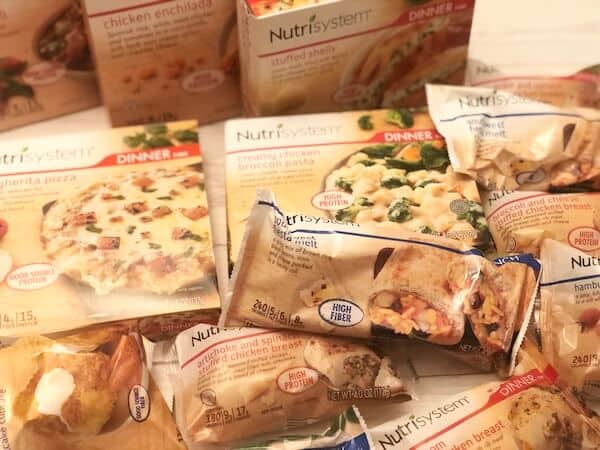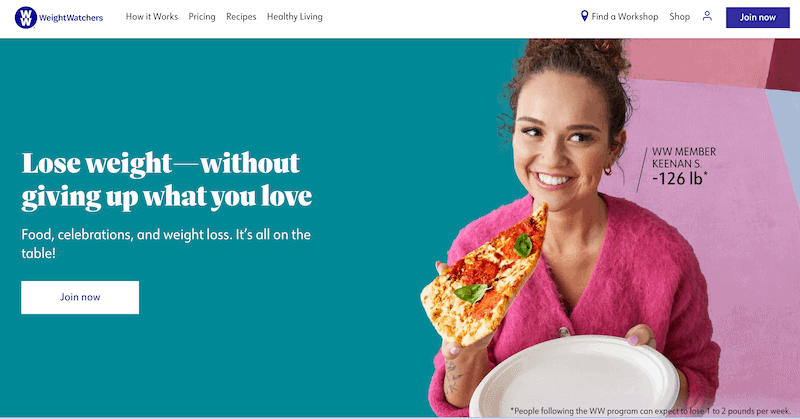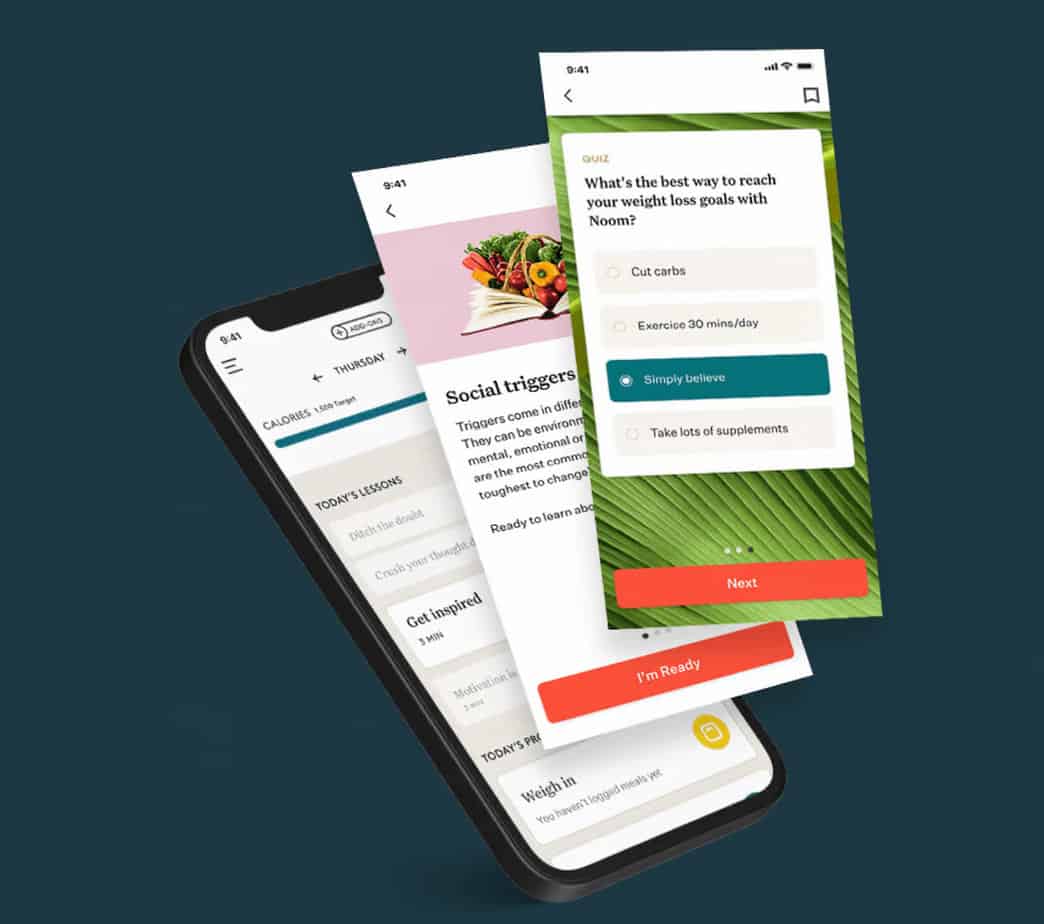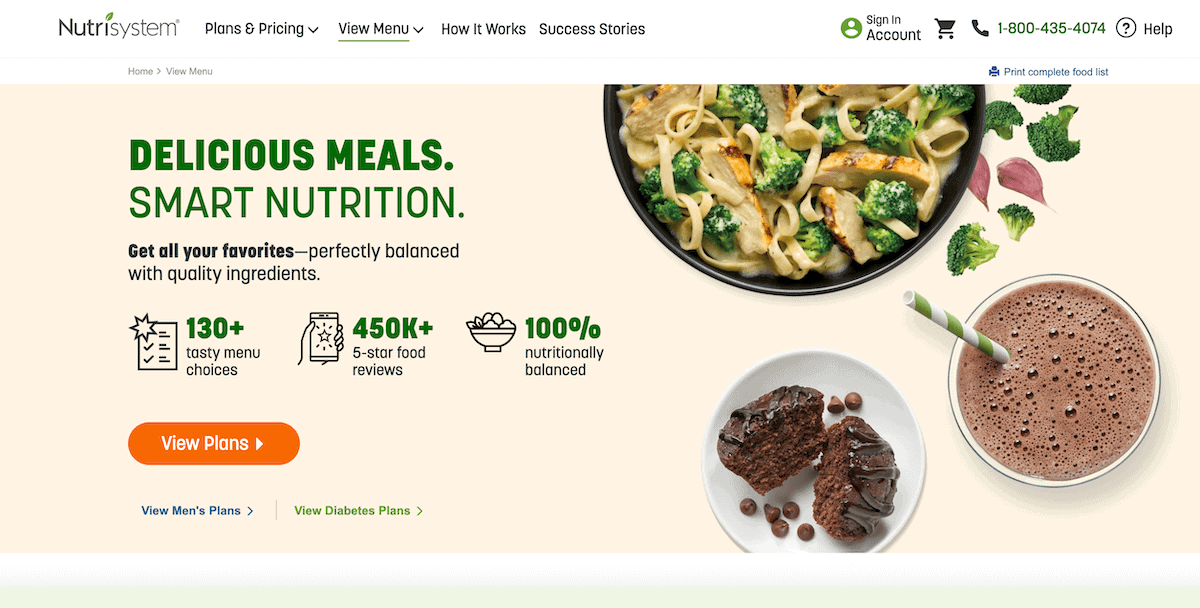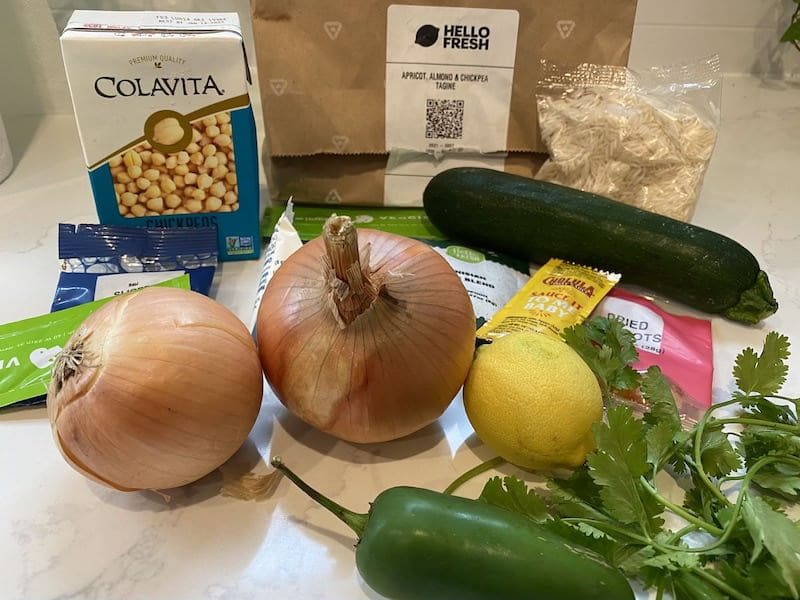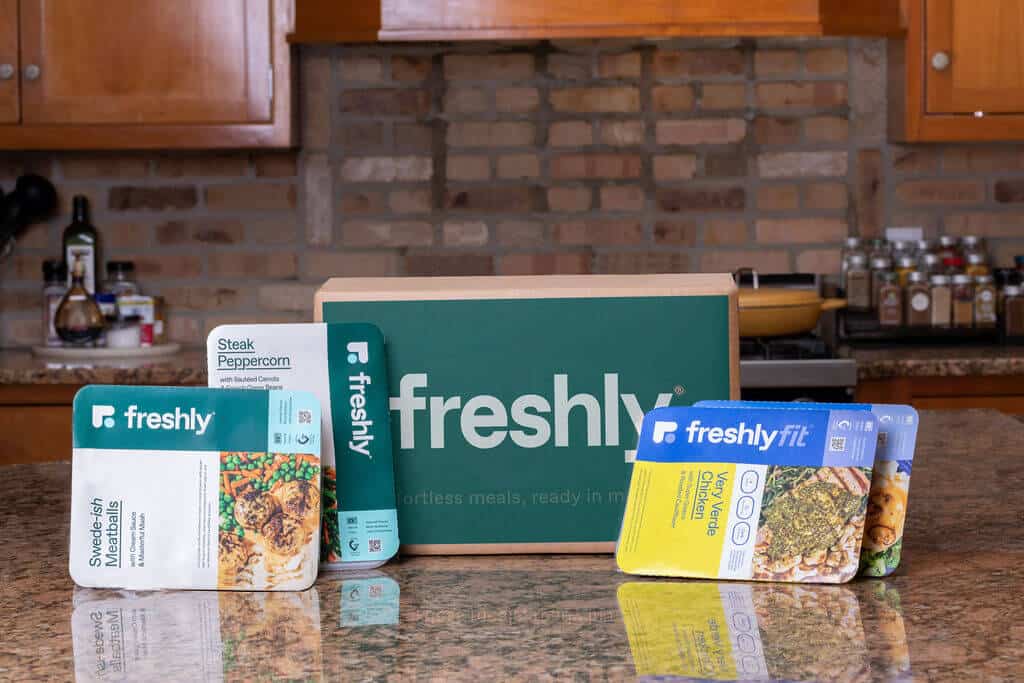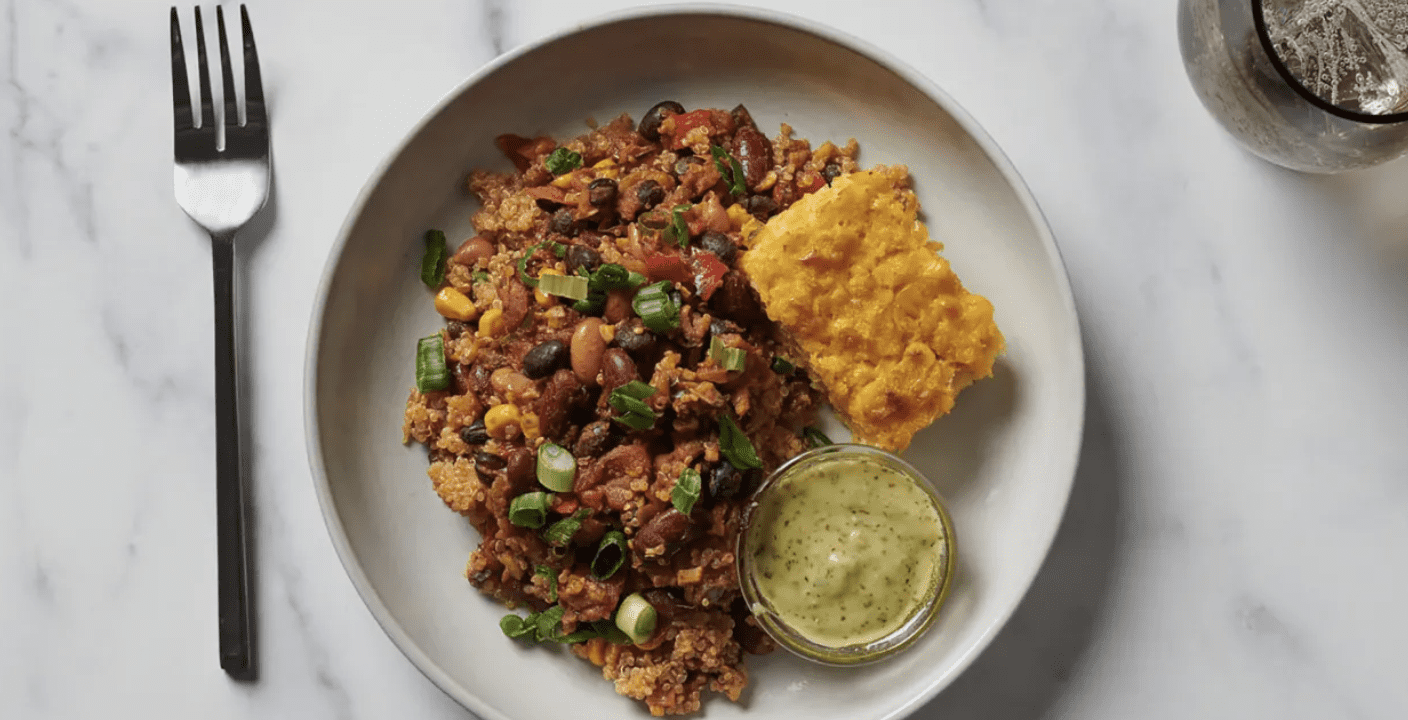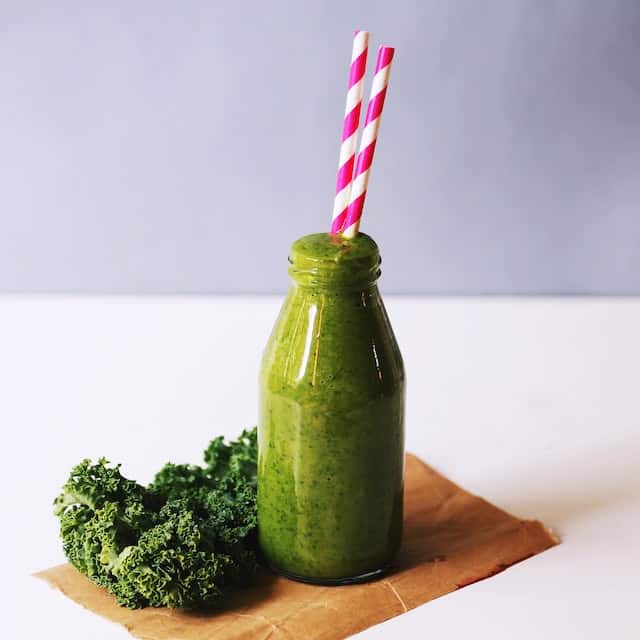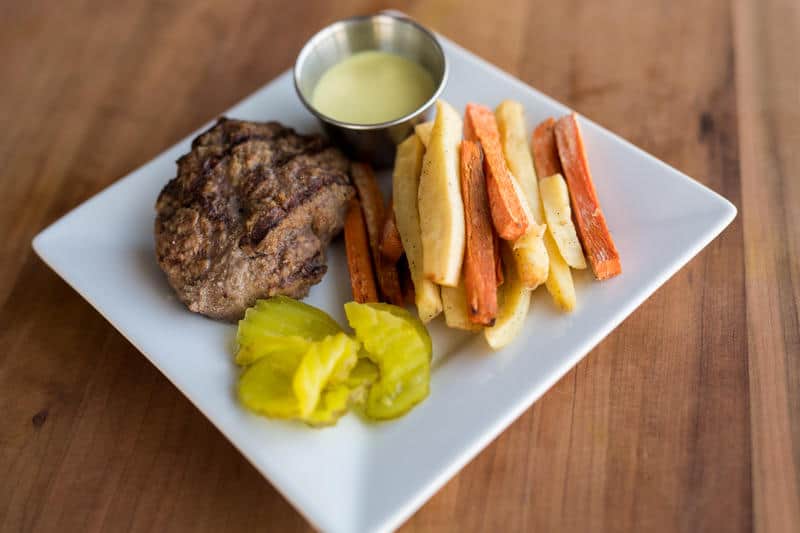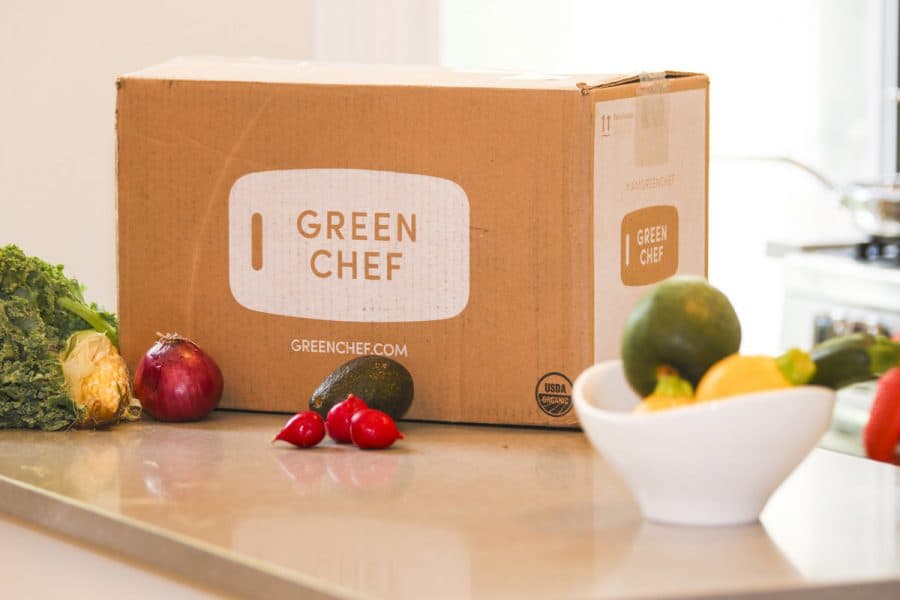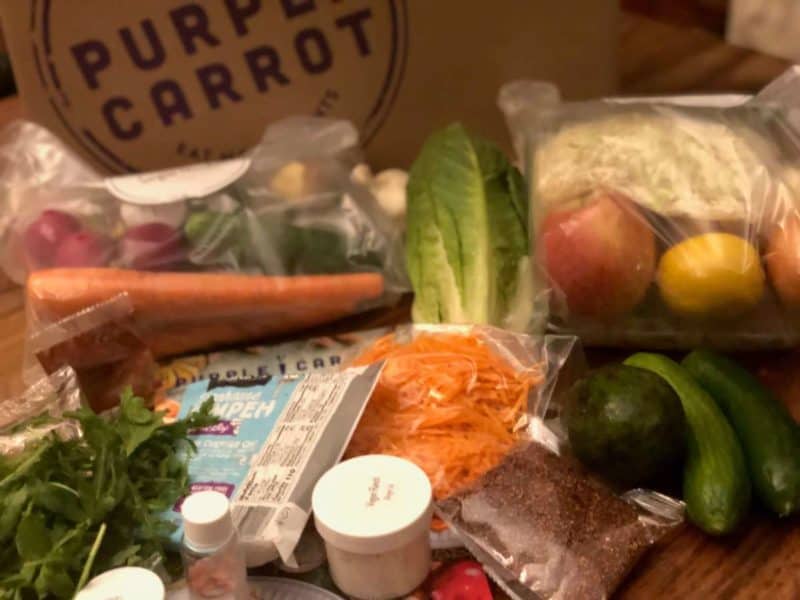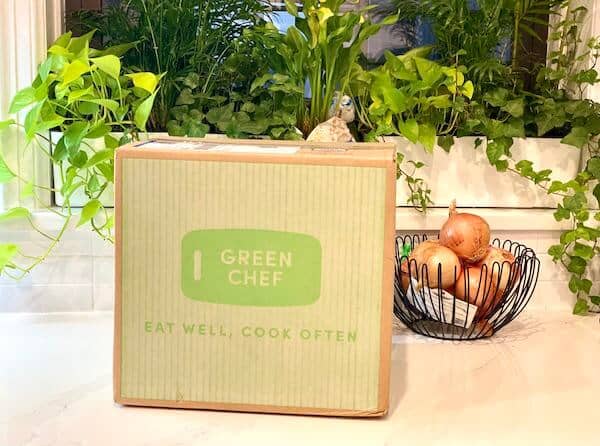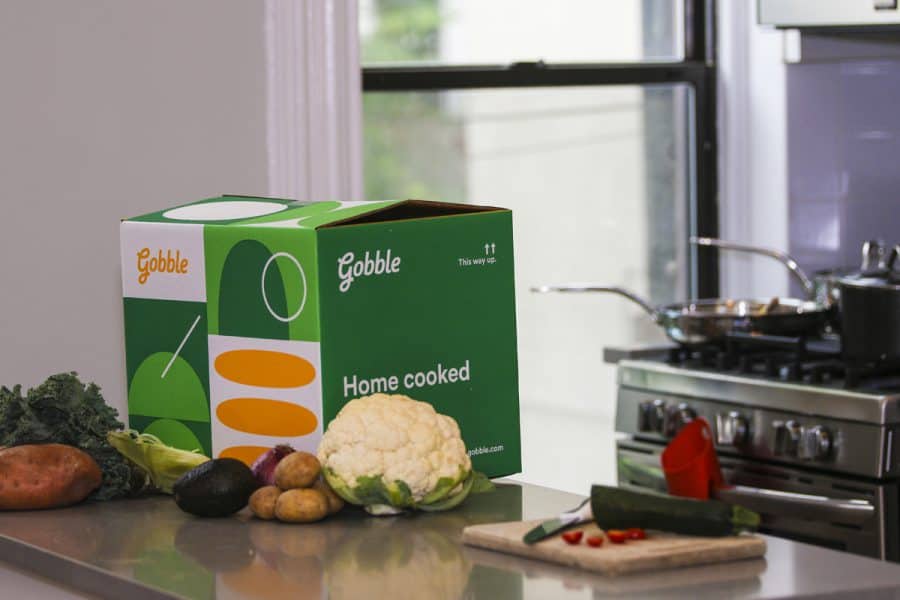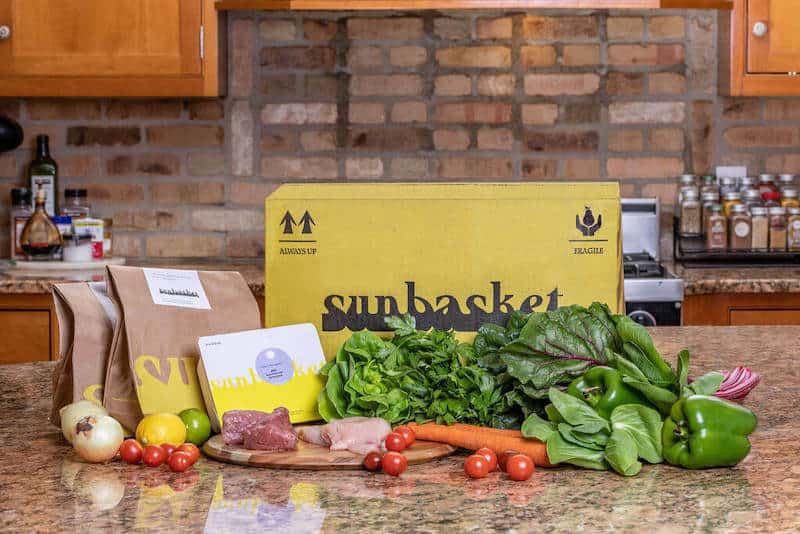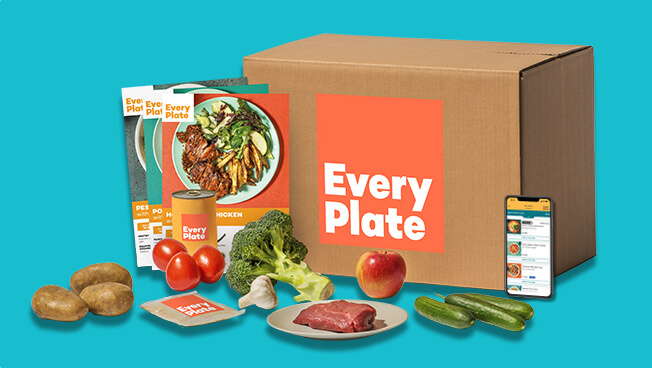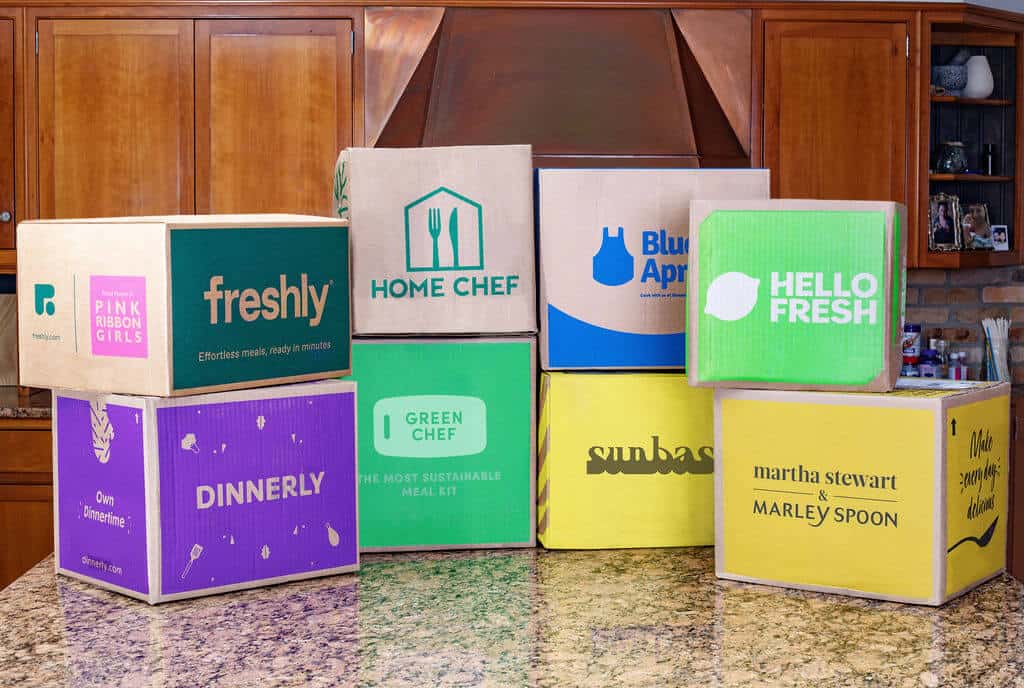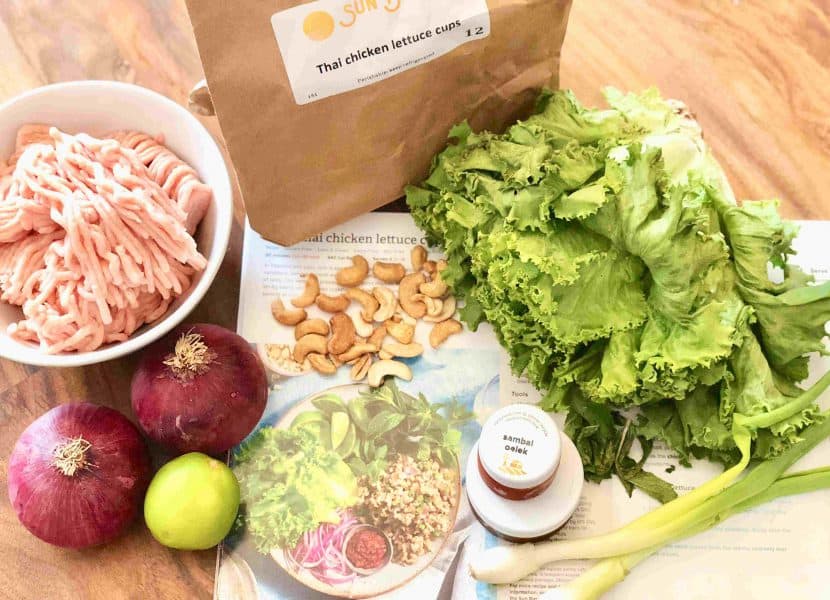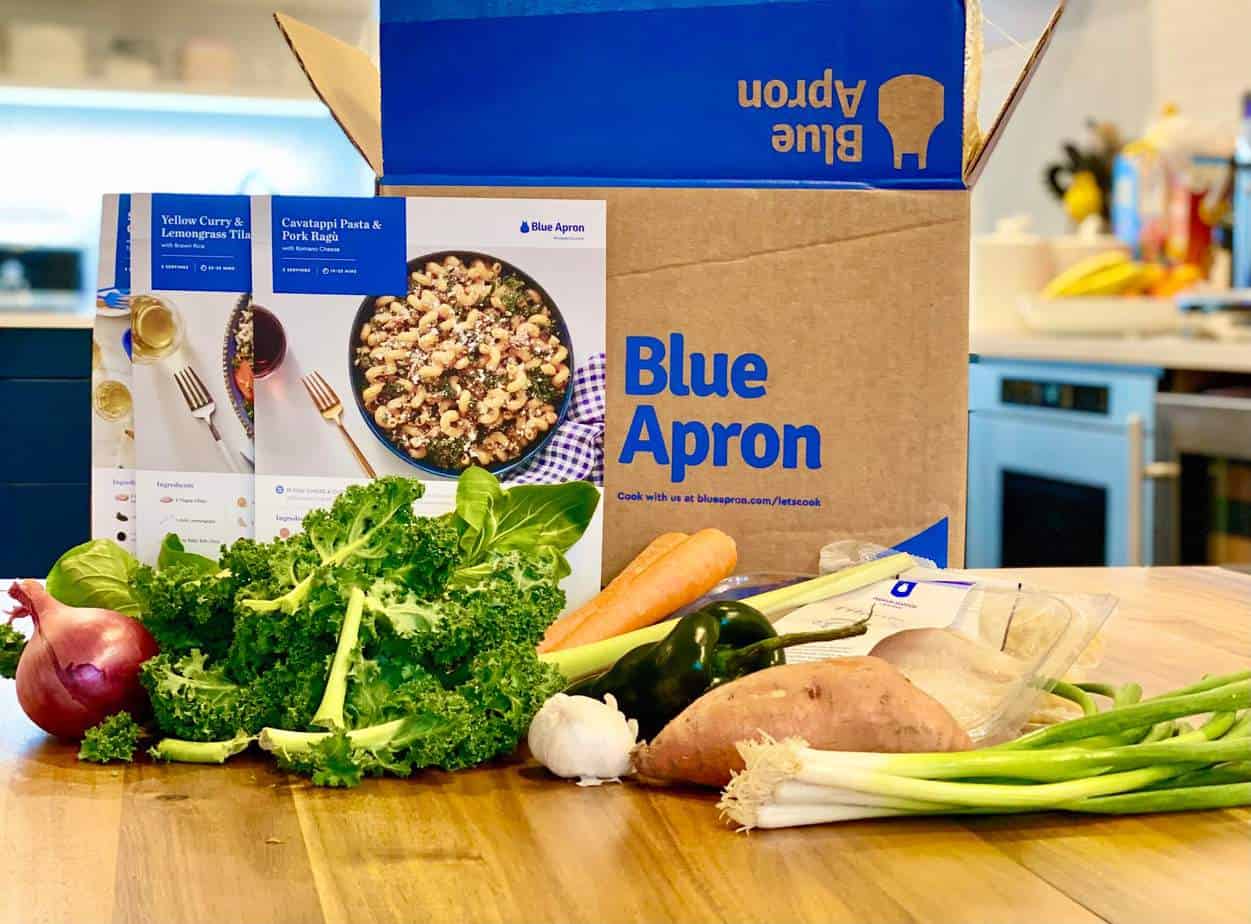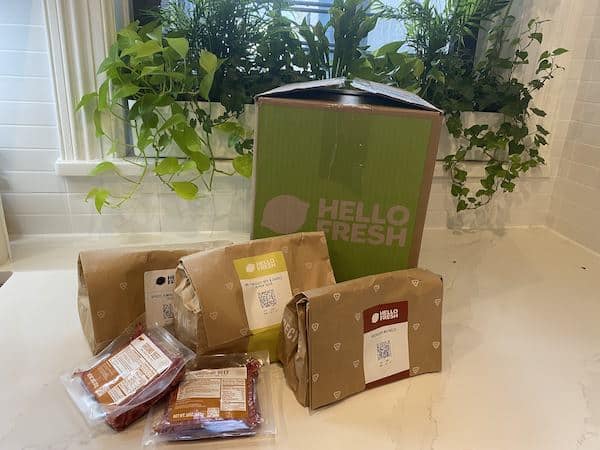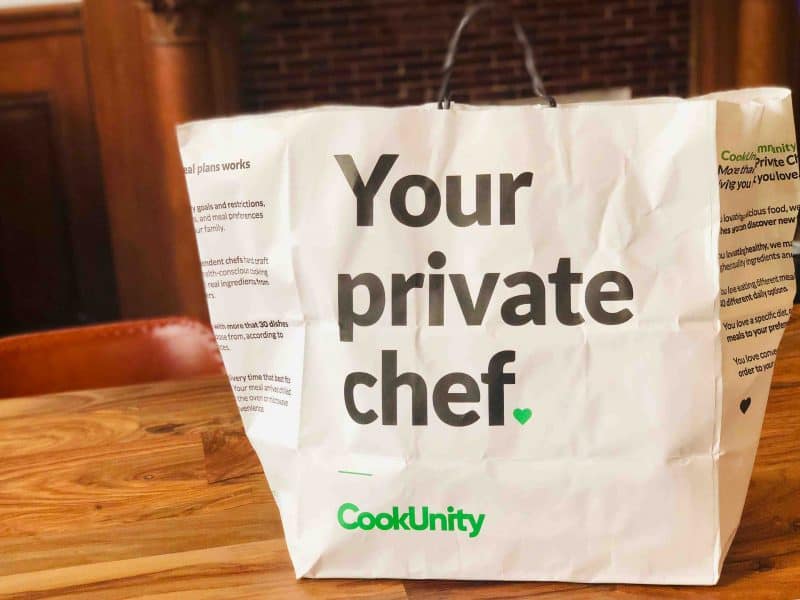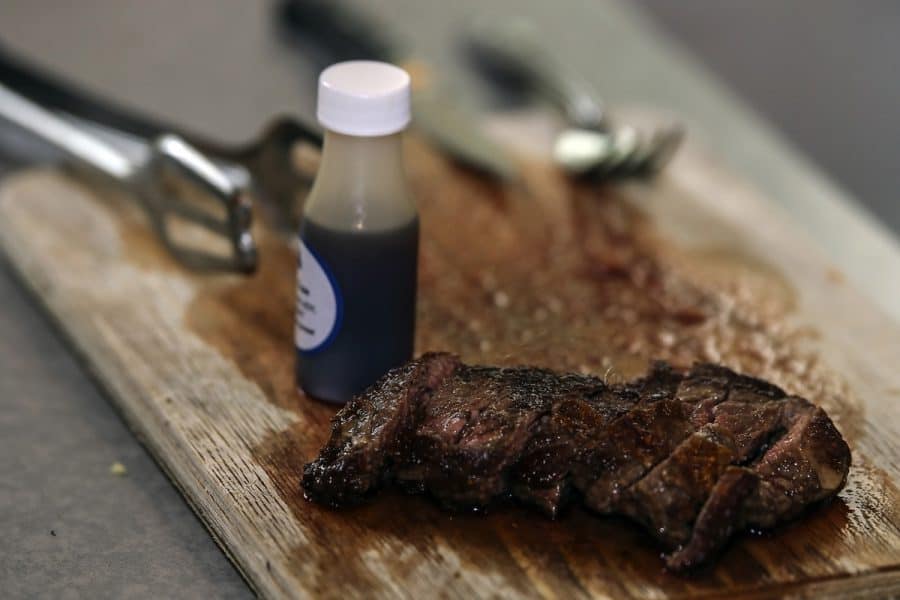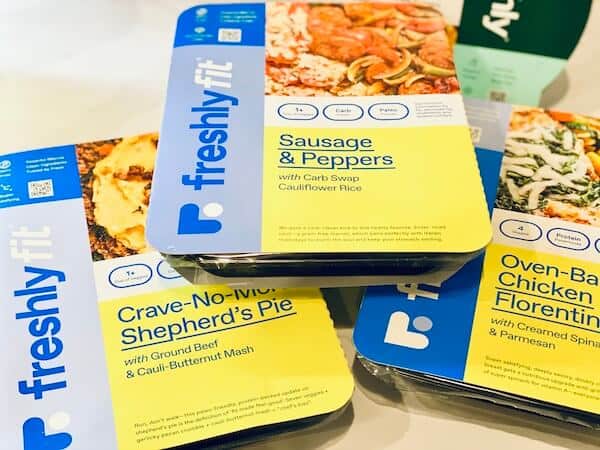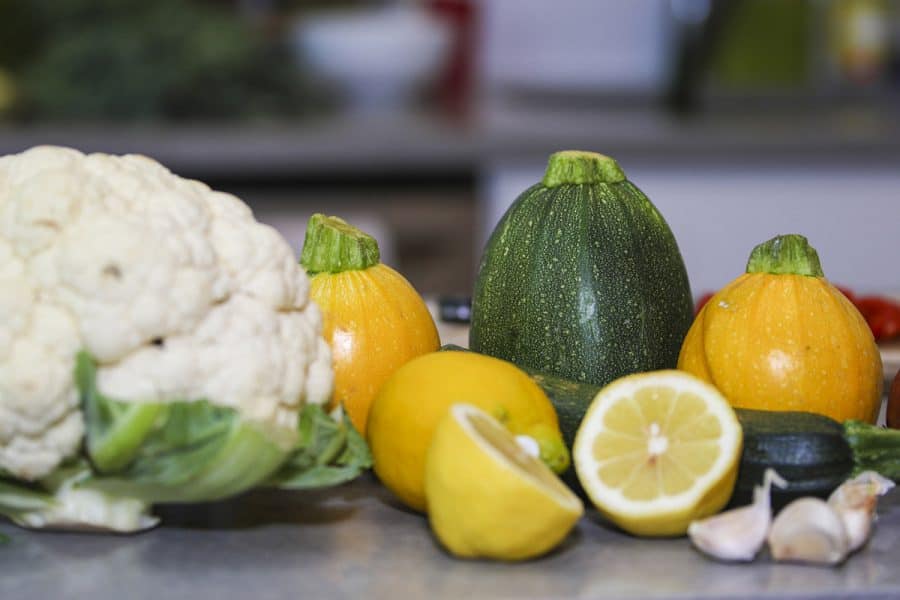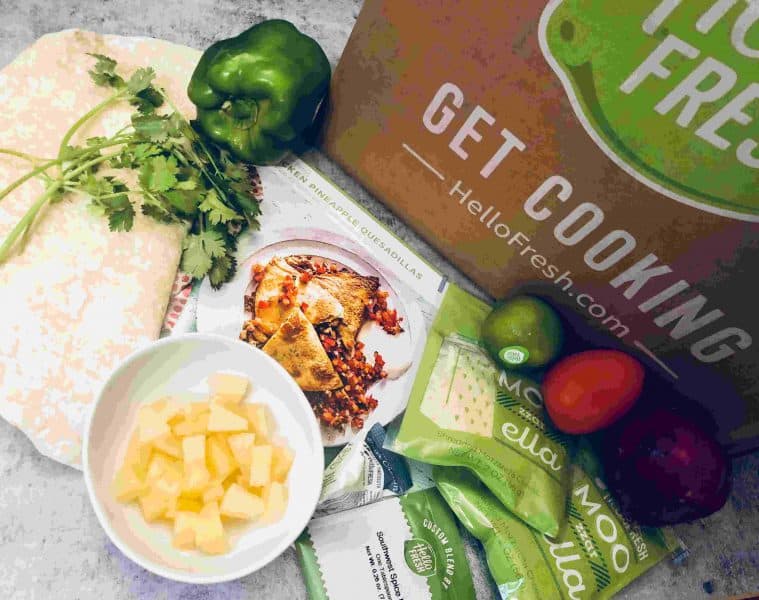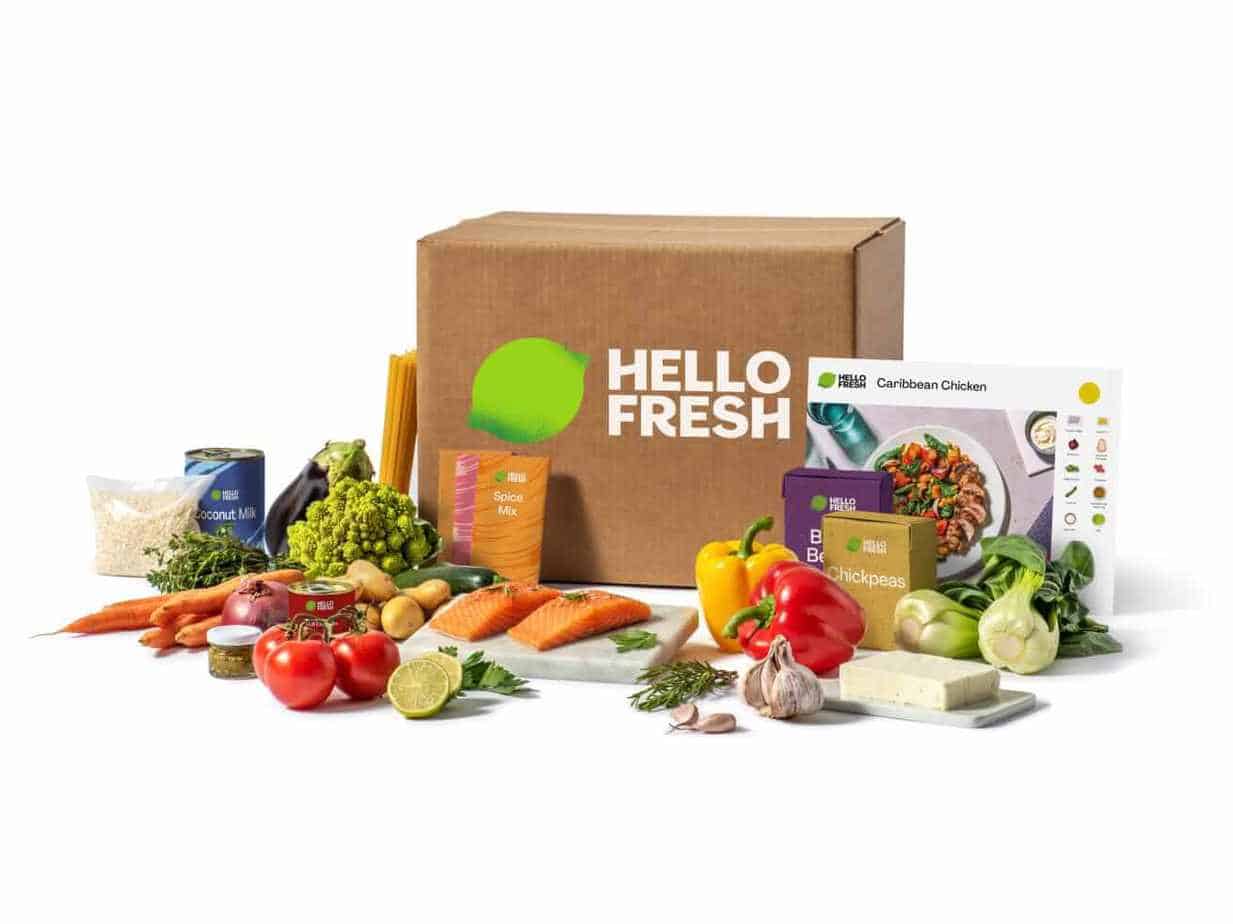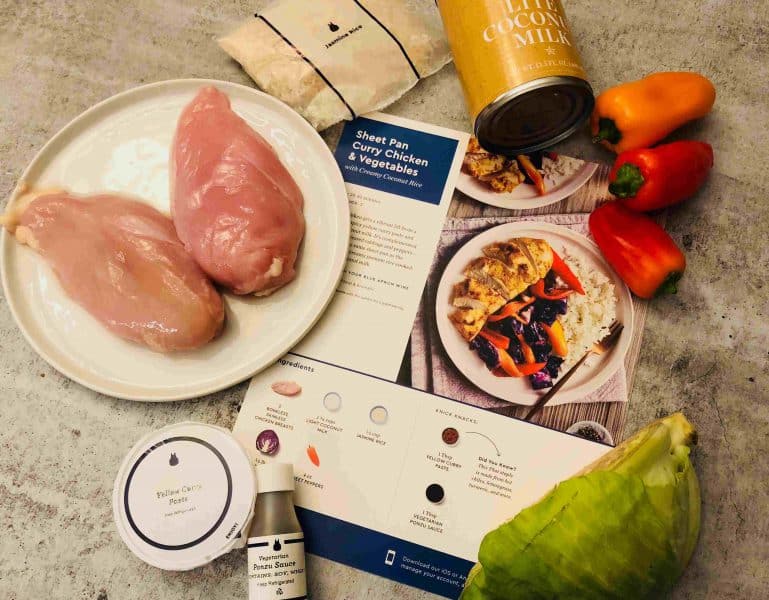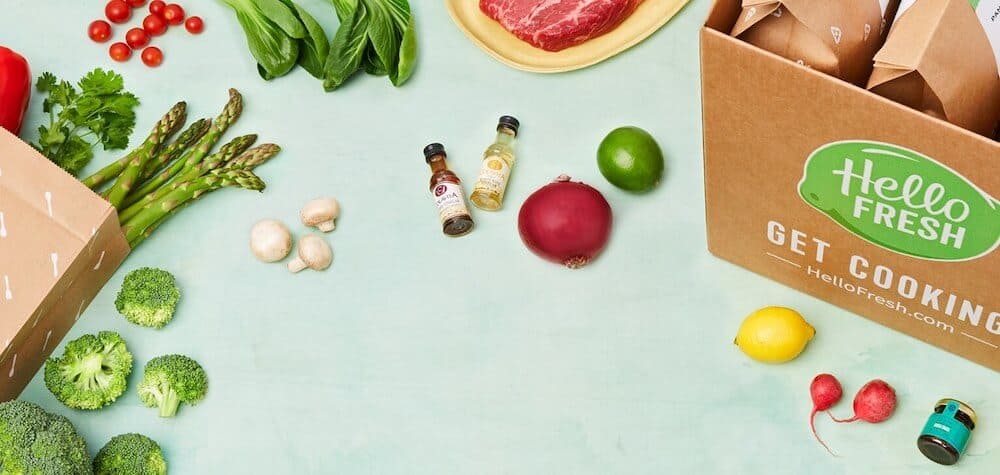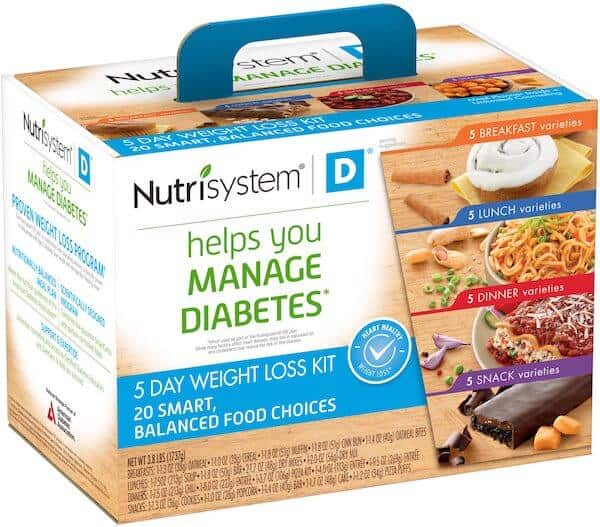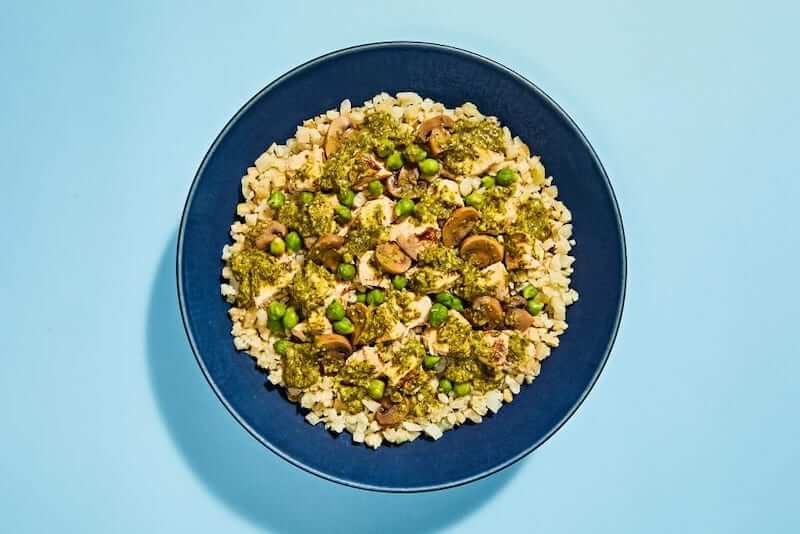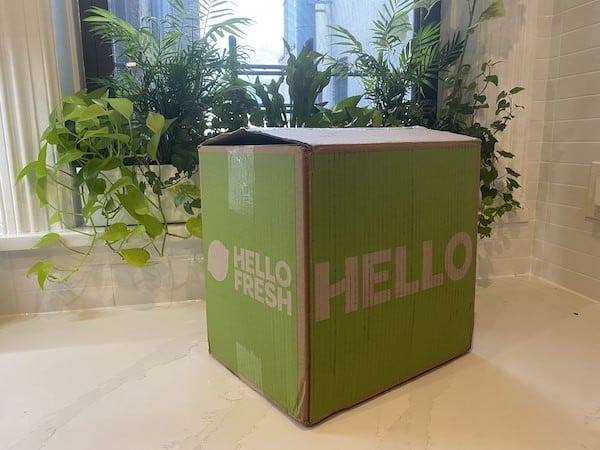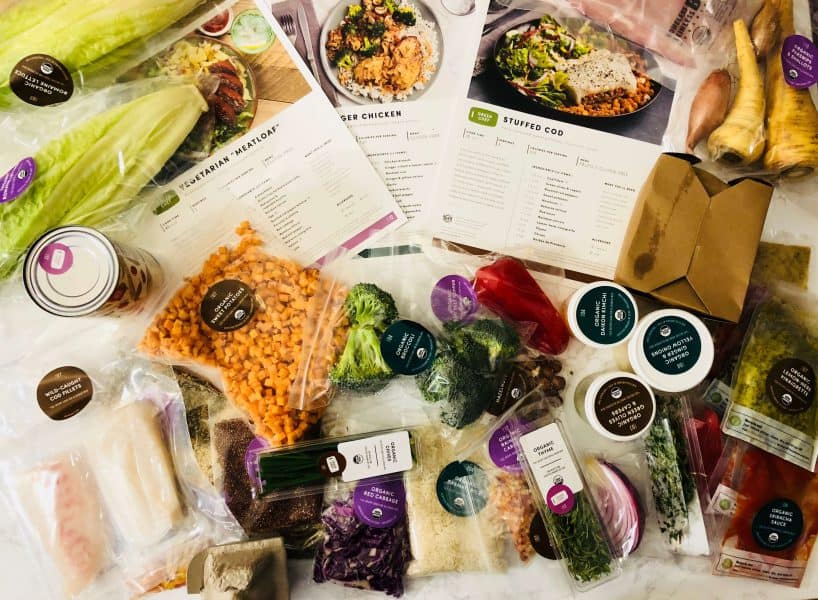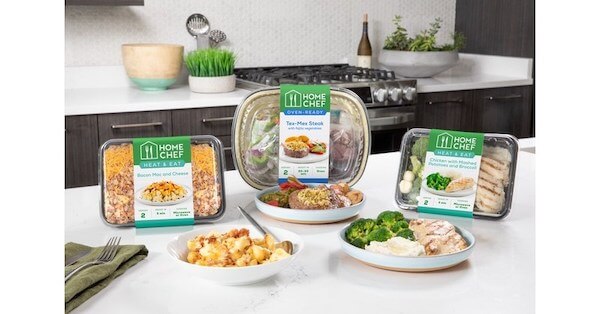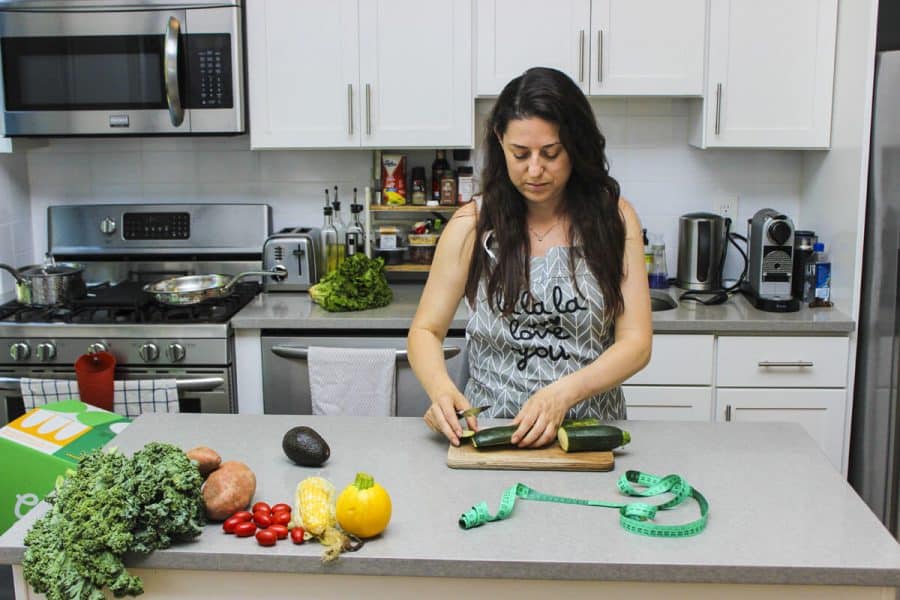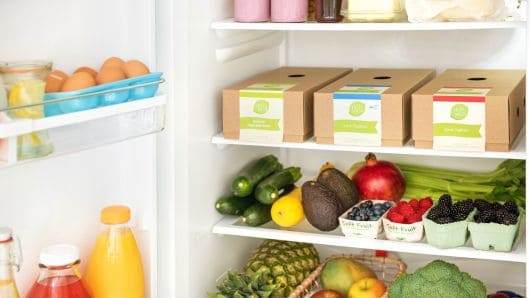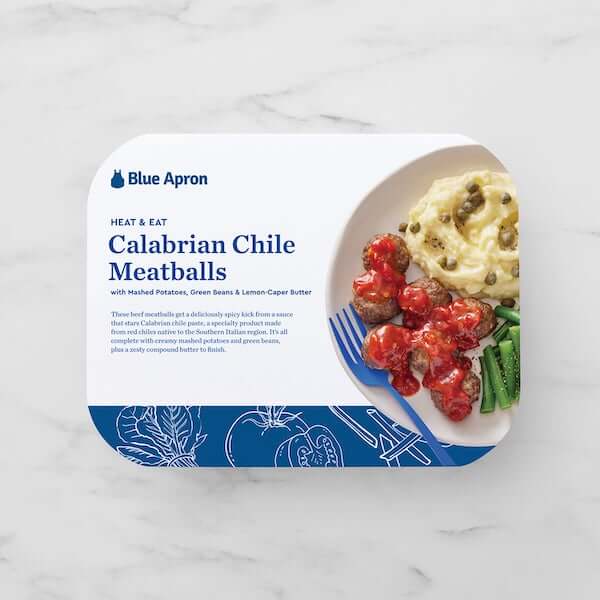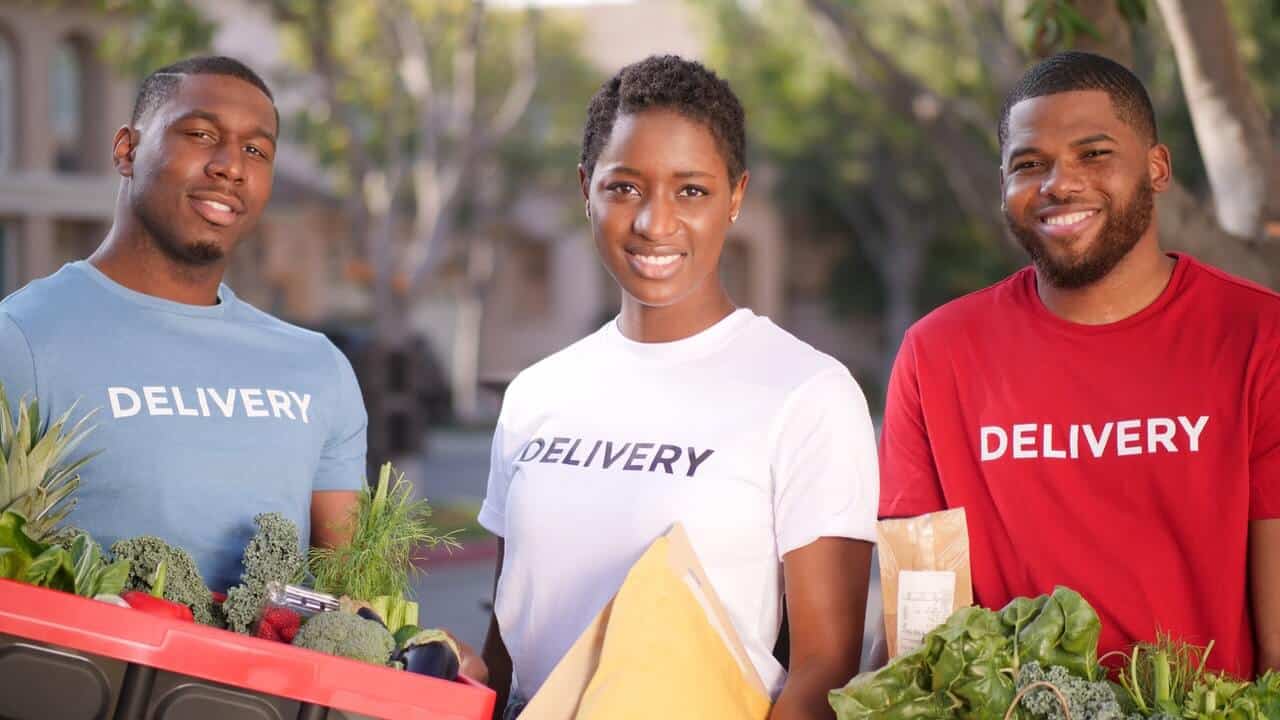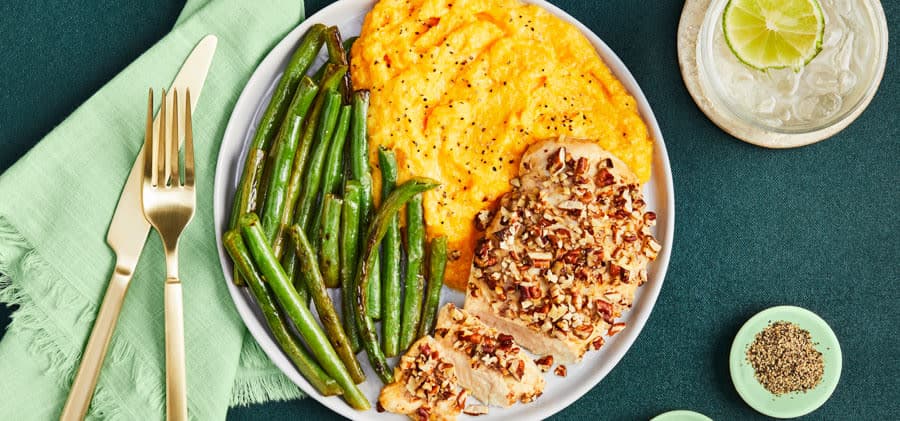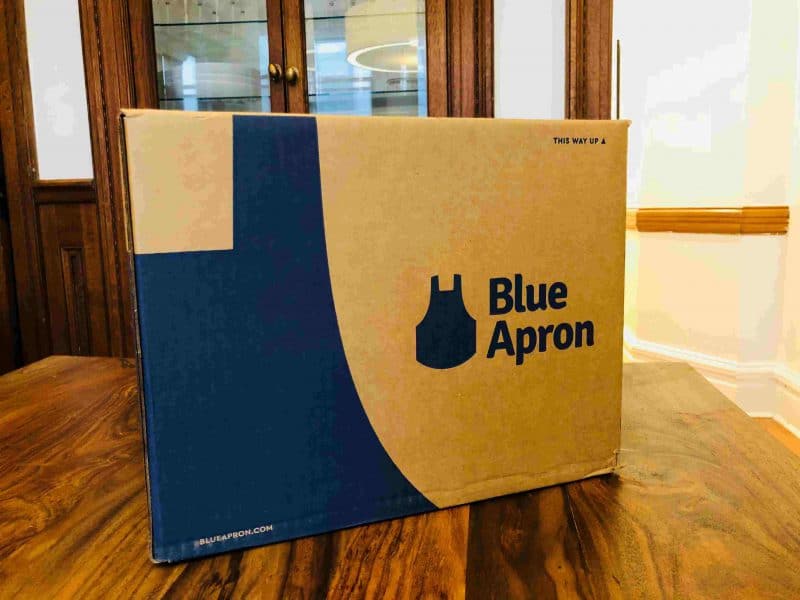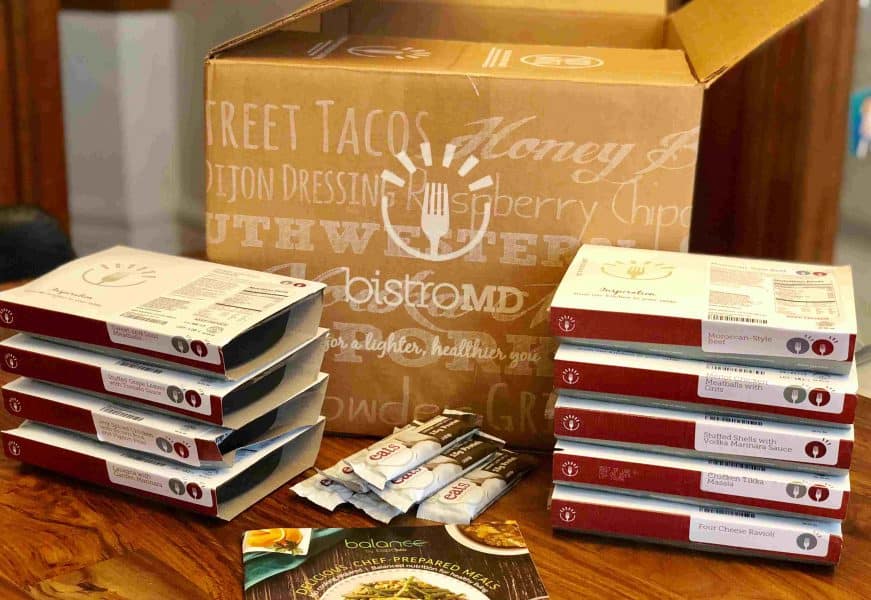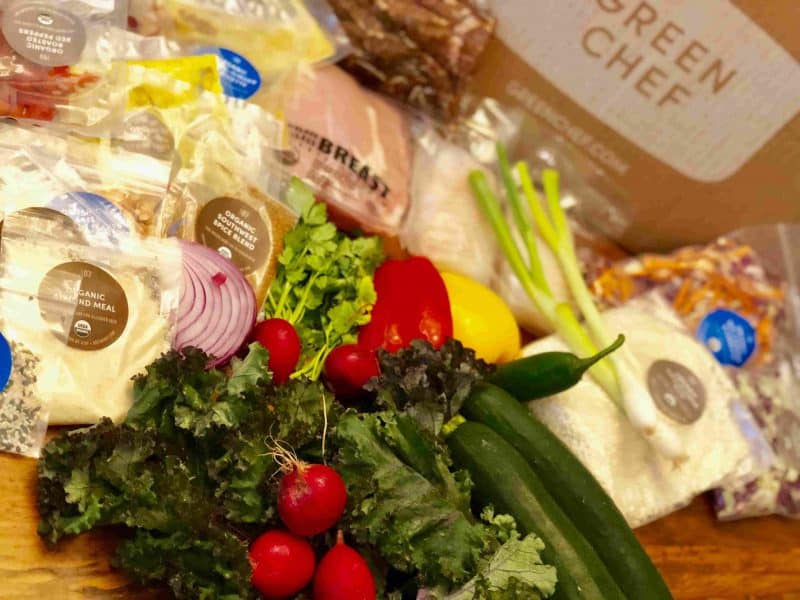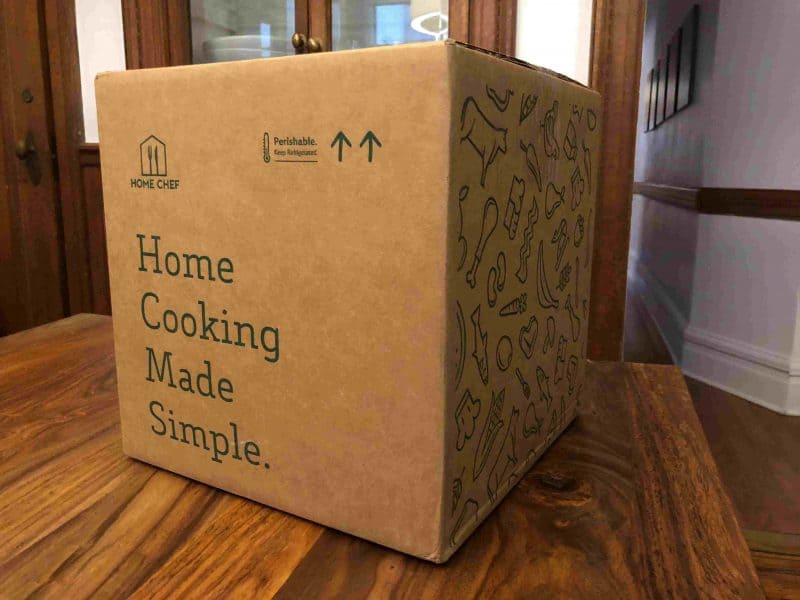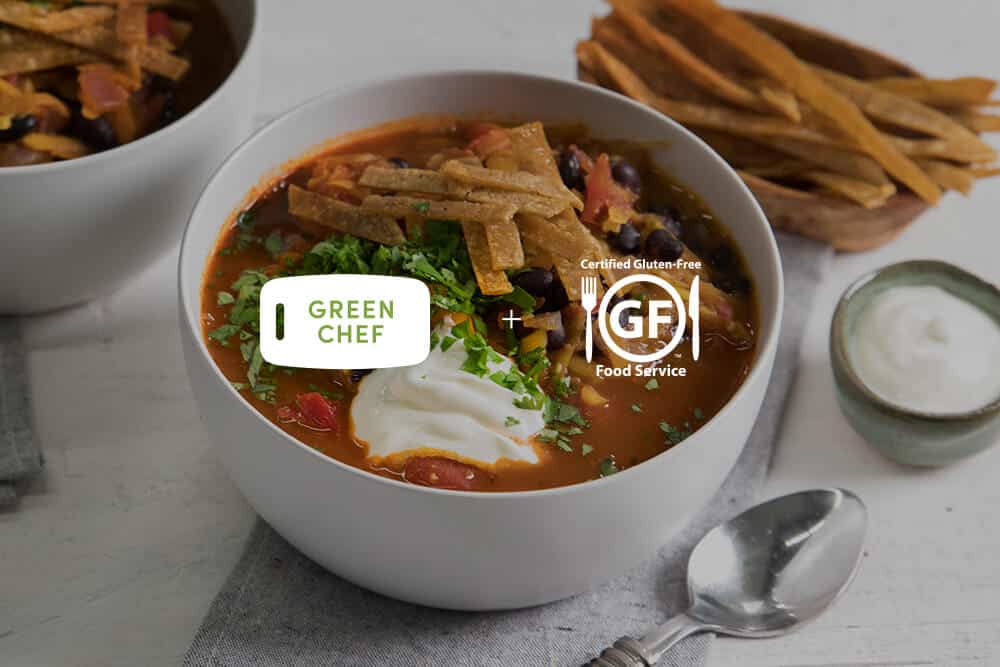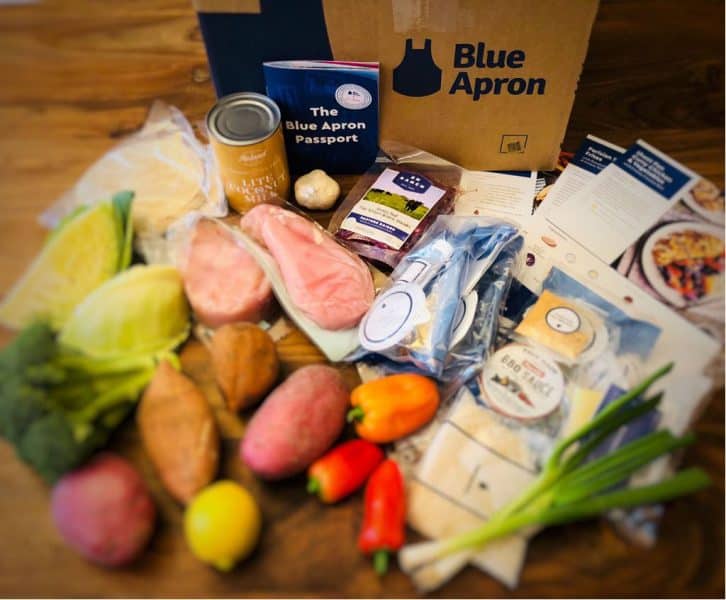The Freshly shutdown comes after a drop in demand for meal kits and other meal delivery companies.
In 2020, Freshly meal delivery service was on track to be one of the top meal delivery company options, especially after Nestlé acquired them. However, the company recently announced that they are stopping their fresh-ready meal solutions in January 2023, leaving many wondering what happened to Freshly.
Freshly launched as a meal delivery company providing fresh, prepared meals and meal kits in 2015. Then, it was acquired by Nestlé for $950 million in 2020, with expected earnouts of $550 million. The following year, this direct-to-consumer meal kit delivery company was still seeing high earnings amidst the pandemic, as many consumers were interested in expanding their meal options weekly without leaving their homes.
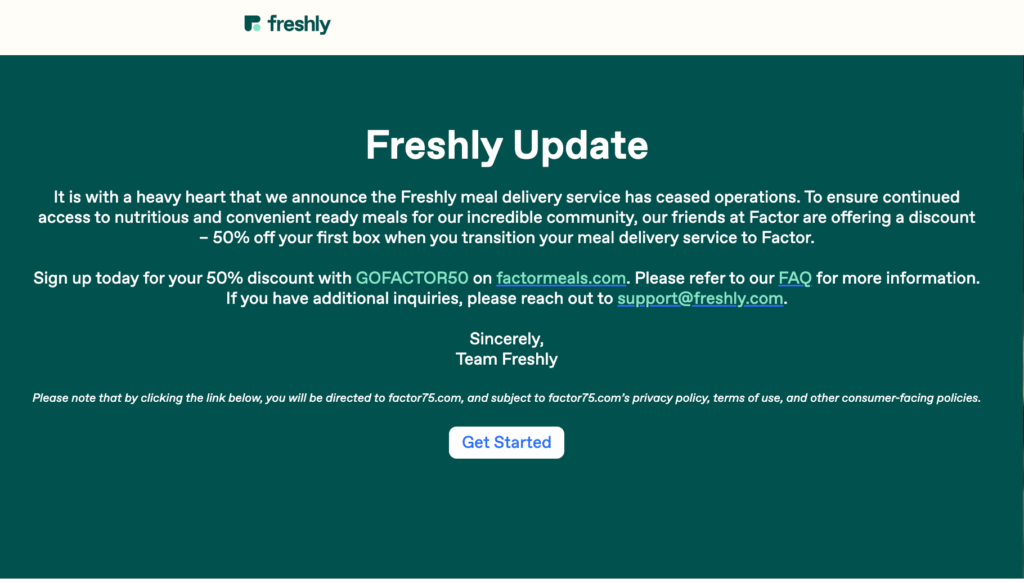
In fact, Freshly noted that it was shipping out around one million meal deliveries per week during the height of the pandemic. In 2021, the company discussed expanding its operations by opening two new facilities in the US (Georgia and New Jersey) to help with production and preparing orders.
Unfortunately, as the US began to reopen in 2021, food spending on prepared meal delivery decreased as more people chose to eat at restaurants instead of in their homes. Meal delivery service food spending also decreased in 2022, with the rise of inflation. This decrease led to Freshly announcing it was ceasing operations on December 23, 2022, with the final date of deliveries for customers on January 21, 2023.
See here the best Freshly alternatives
One of the first signs Freshly was in trouble was a partial merger with Kettle Cuisine (a fresh food producer serving retail and food service customers) in November of 2022. This merger provided a majority stake to a private equity firm known as L Catterton. This new combined company focuses on delivering artisanal foods to customers in various channels and locations worldwide.
After this announcement, Freshly meal delivery service began layoffs and reductions in its staffing. The New York State Department received a filed notice, which noted that Freshly planned to lay off 138 employees due to a plant closure. Additional notices were filed in Phoenix and Maryland, noting additional layoffs of 329 and 454 workers, respectively.
Freshly announced its plans to cease operations in 2023 with a farewell message to its customers on the website. The message thanked the incredible community and alerted customers that the company would no longer provide weekly deliveries.
See here the best Freshly alternatives
Why did Freshly fail, and what does it say about the fresh meal and kit delivery space?
According to Nestlé CEO Mark Schneider, the failure of Freshly was due to its focus on D2C food meal services. By focusing on this channel alone, the company could not sustain its customer base once people could eat out at restaurants again. He also notes that a company that focuses on D2C solely needs to feel premium, personalized, and highly involved; otherwise, it will likely fail like Freshly.
Other challenges likely contributed to the demise of Freshly, such as an increased cost of ingredients. Additionally, with inflation on the rise, many customers who once purchased meal kits weekly are now reconsidering their spending habits due to budget constraints. These challenges have affected not only Freshly but many other meal delivery companies.
For example, HelloFresh recently announced in October of 2022 that it plans to close its San Francisco production plant. On October 10, HelloFresh submitted a letter to the California Employment Development Department noting this change, which includes layoffs of 611 employees.
Analysts had anticipated HelloFresh earning a profit of $72.3 million in the third quarter. However, the actual numbers came in about 10% lower than expected. This difference in cost was due to high marketing costs. Other changes were made to the company, including a raise in subscription prices and taking themselves out of the market in Asia.
Other companies are also on the decline, including Blue Apron, which announced a 10% layoff of corporate employees and reduced spending of expenses of $50 million in 2023. Unfortunately, there has been a decline in subscriptions across the board for meal kit delivery companies. According to the PYMNTS’ Subscription Commerce Conversion Index study’s most recent edition, there was a 29% decline in subscriptions in September versus July.
Even companies specializing in other food delivery services, like Imperfect Foods, saw major changes in 2022. This sustainable fruit and veggie delivery company cut costs by closing its Bay area warehouse and laying off 50 employees. Eventually, they sold to a rival company known as Misfits Market. Gobble, another meal delivery company, was also acquired by Intelligent Foods, the operator of Pruvit and Sunbasket.
So, what can Freshly customers expect from the new merger between Kettle Cuisine and Freshly? Instead of shipping fresh foods directly to consumers, Kettle Cuisine focuses on selling directly to retailers. The merging of the companies means that customers can still purchase fresh, prepared meals in the future, though it will be through a retail channel instead.







